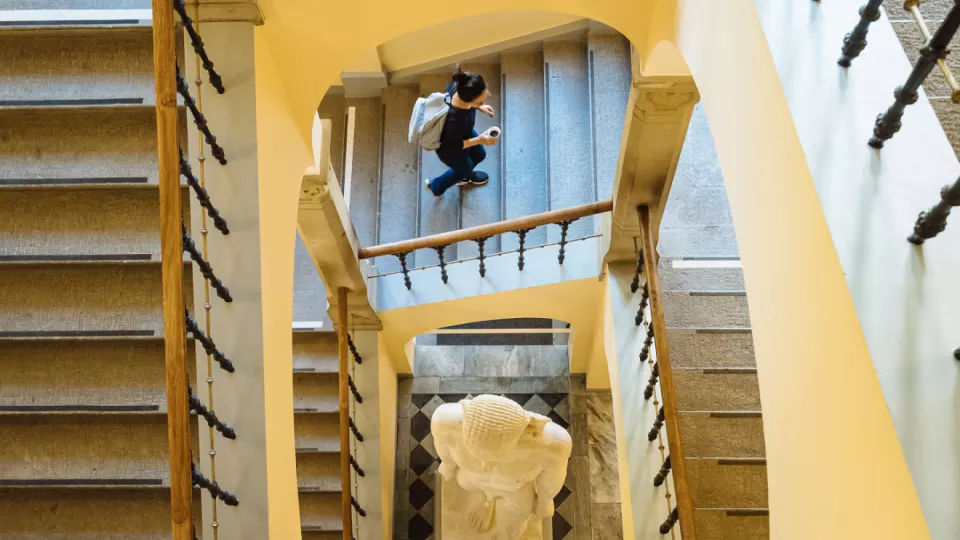We very much look forward to welcoming the new groups to the institute. Here is a a short introduction to the scientific problems the new ASGs will be exploring.
ASG Human Rights, Digital Inequalities, and Social Consequences of AI
The past century has witnessed technological advancements ranging from heavy machinery to computers to AI and Internet of Things. These developments have brought considerable innovation to humanity, but also pose significant threats to human rights.
This Advanced Study Group focuses on digital innovations by exploring the linkages between digital innovation and emergent digital inequalities in relation to human rights. While the world remains deeply divided between poor and wealthy, we argue that digital inequalities impact human rights in all walks of life, although the
consequences are more severe for the poor. The persistence of such inequalities creates new venues for investigating how human rights are realized in protecting the marginalized and the protections aimed at promoting equality in the age of advanced AI.
ASG Energy crisis – impacts on households, industries and energy transition
In recent years, the global energy market has faced a series of difficult challenges and crises. The pandemic, followed by Russia’s invasion of Ukraine, has led to a shortage of natural gas, which in turn has led to sharply increased energy prices.
In this Advanced Study Group researchers with expertise in energy systems (production, distribution, and use), environment and climate, behavioral science, economics and law, are interested in understanding the consequences, and explore various aspects of the ongoing energy crises, such as energy poverty, customer response, gender aspects, effects on industries and households, climate change adaptation, effects on energy markets and energy market design.
ASG De-Polarizing Land Use Conflicts in Sweden. A Multi-level Governance Perspective
The most efficient and sustainable use of our land is a subject for many conflicts in Sweden, and beyond. In Sweden, we are witnessing several land use conflicts related to sensitive topics such as forest management, organic farming and renewable energy. These conflicts are marked by an increasing polarization among actor groups.
The purpose of this Advanced Study Group is to build a research platform that unites the varied expertise at Lund University on this urgent issue. The group will develop a new analytical approach to better understand land use conflicts in Sweden and how to address them both internationally and nationally.
ASG Artistic and educational processes in music and literary creation
A large portion of our society's population is devoting time to artistic practice within writing and music making and far more are consuming such artistic output in their role as readers and listeners. Today, there is a growing body of theoretical perspectives and models examining and explaining creative processes within these two art forms, models which also inform artistic and pedagogical practices.´
This Advanced Study Group aims to share, highlight, and further develop perspectives through which parallels between them are brought forth and false dichotomies questioned. Through this work, we hope to contribute to an understanding of artistic experiences on a broader, societal dimension.


